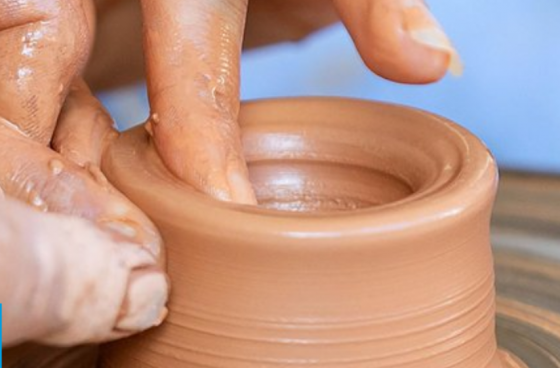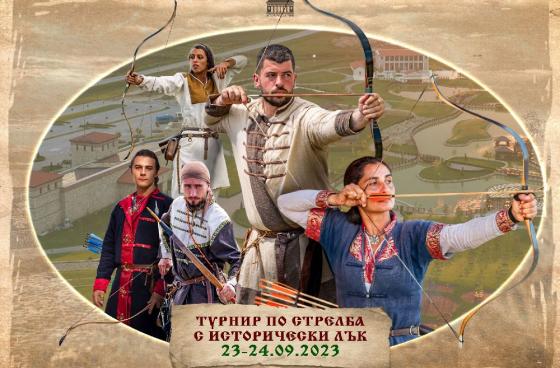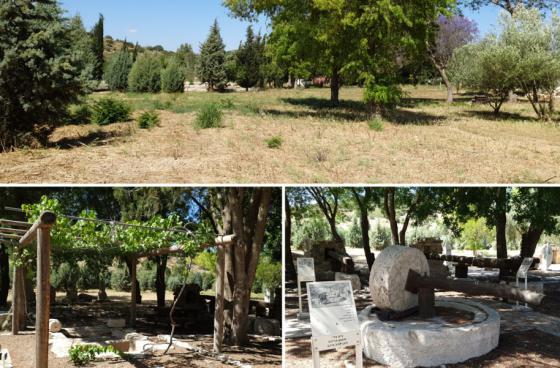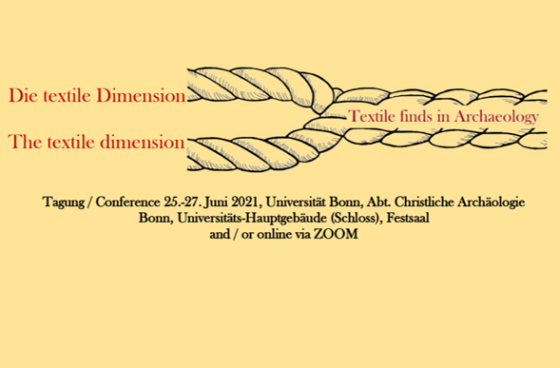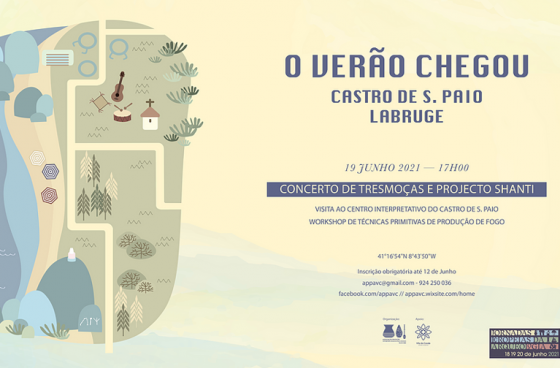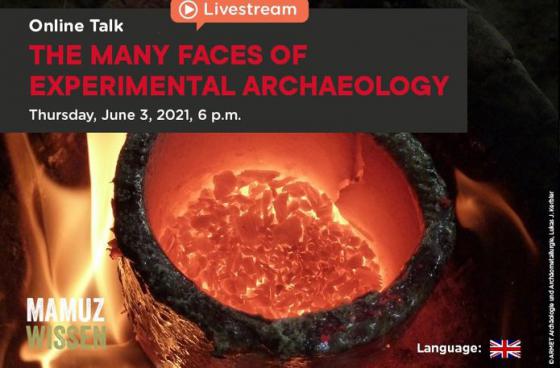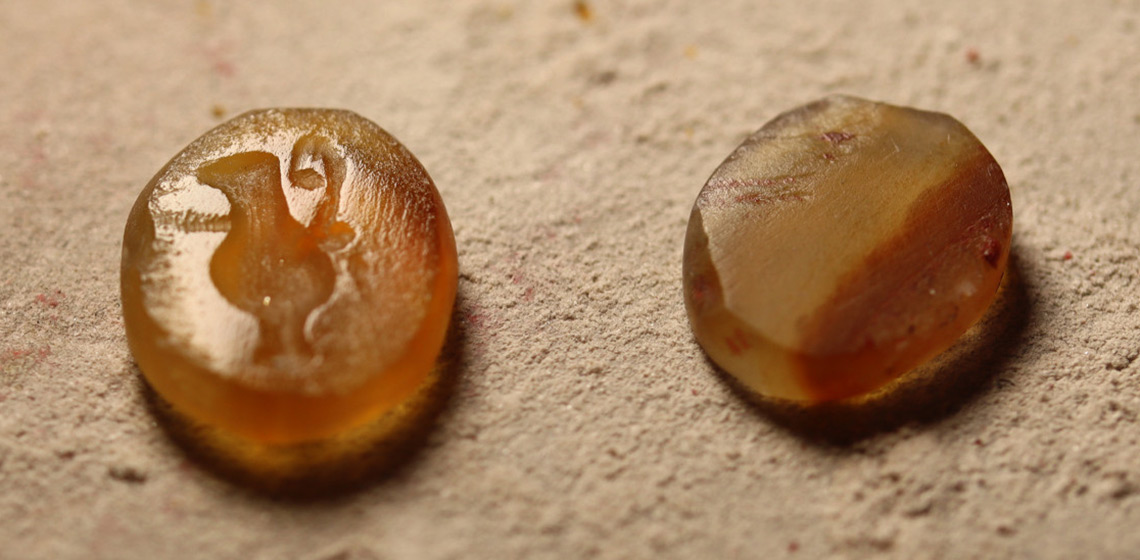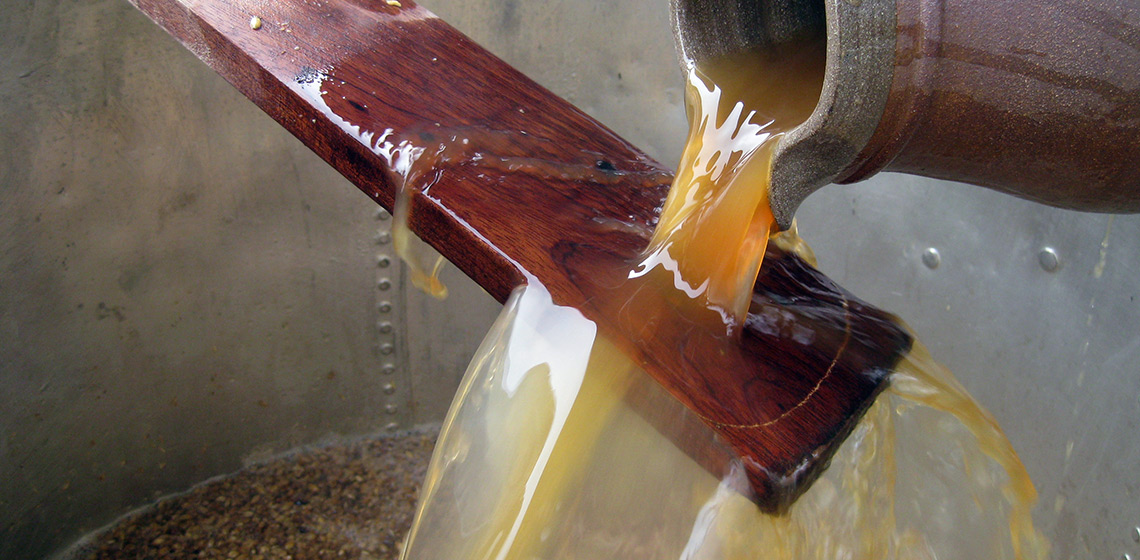Handicraft Trail
Forging knives, boiling soap, designing leather bracelets or making paints: in the old days, many things were still made by hand. On the handicraft course on the area of the Legionnaires' Path Vindonissa and Königsfelden Monastery, young and old can try out in ten workshops how utensils were made in antiquity a

